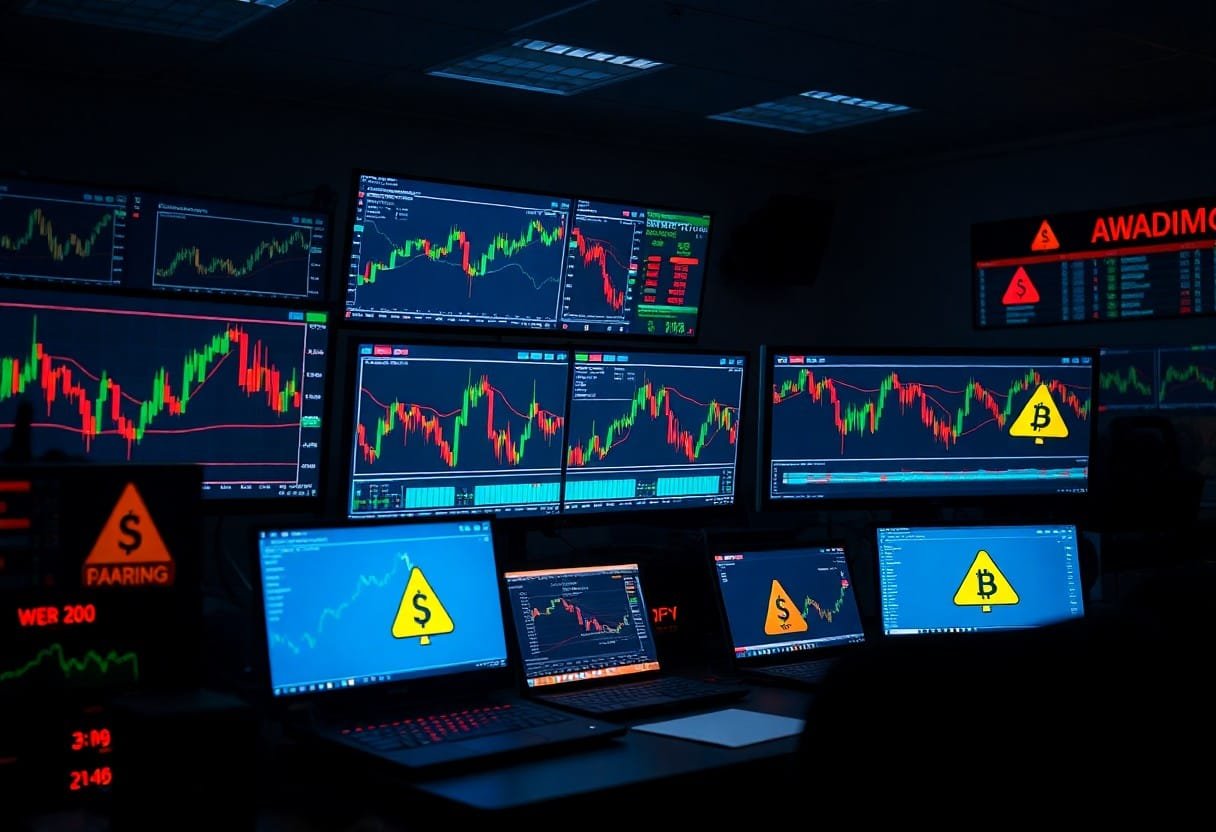You are stepping into the world of blockchain technology, a fascinating subject that underpins cryptocurrencies and many innovative applications. If you’re a crypto enthusiast or just curious about how it all works, understanding blockchain is crucial. This guide will help you grasp the fundamentals of blockchain and its significance in today’s digital economy.
At its core, blockchain is a distributed ledger technology that records transactions across multiple computers in a way that prevents alteration. Each block in the chain contains a list of transactions, and once a block is filled, it’s added to the chain in a linear, chronological order. This way, every participant in the network has an identical copy of the blockchain, ensuring transparency and security.
When you think about traditional record-keeping systems, such as banks or databases, you might recall how a central authority manages the information. In contrast, blockchain operates without a central authority. Instead, the consensus of the network determines the validity of transactions. As a participant in the blockchain network, you can view all transactions, leading to a higher level of accountability.
One of the standout features of blockchain technology is its security. Each block is linked to its predecessor using cryptographic hashes, meaning that altering any block would require changing every subsequent block. This makes deception extremely difficult, ensuring that once data is entered, it remains unchanged and verifiable. If you’re thinking about safety in your crypto endeavors, blockchain provides a solid foundation.
Many cryptocurrencies use blockchain technology to facilitate peer-to-peer transactions without intermediaries. Bitcoin, Ethereum, and countless altcoins rely on their individual blockchain networks to function. When you participate in transactions using these cryptocurrencies, you are effectively engaging with the underlying blockchain. This can open possibilities for investments, trades, and various financial activities.
Moreover, blockchain isn’t limited to cryptocurrencies. Industries are exploring its potential for various applications such as supply chain management, healthcare, smart contracts, and even voting systems. As you investigate deeper into the technology, you’ll discover projects that leverage blockchain to improve efficiency and trustworthiness across various sectors.
Understanding blockchain also involves becoming familiar with terms like nodes, miners, and wallets. Nodes are devices connected to the blockchain network that maintain a copy of the entire blockchain. Miners validate new transactions and add them to the blockchain, often earning cryptocurrency as a reward. Wallets, another crucial aspect, are digital tools that enable you to store, send, and receive cryptocurrencies, similar to a bank account but without the need for a centralized bank.
As you continue to explore blockchain technology, consider following relevant news, participating in forums, and experimenting with some crypto transactions. Engaging with the community can further enhance your understanding and provide invaluable insights. With a solid grasp of blockchain principles, you will be better equipped to navigate the exciting world of cryptocurrencies and potentially uncover opportunities for investment and innovation.








